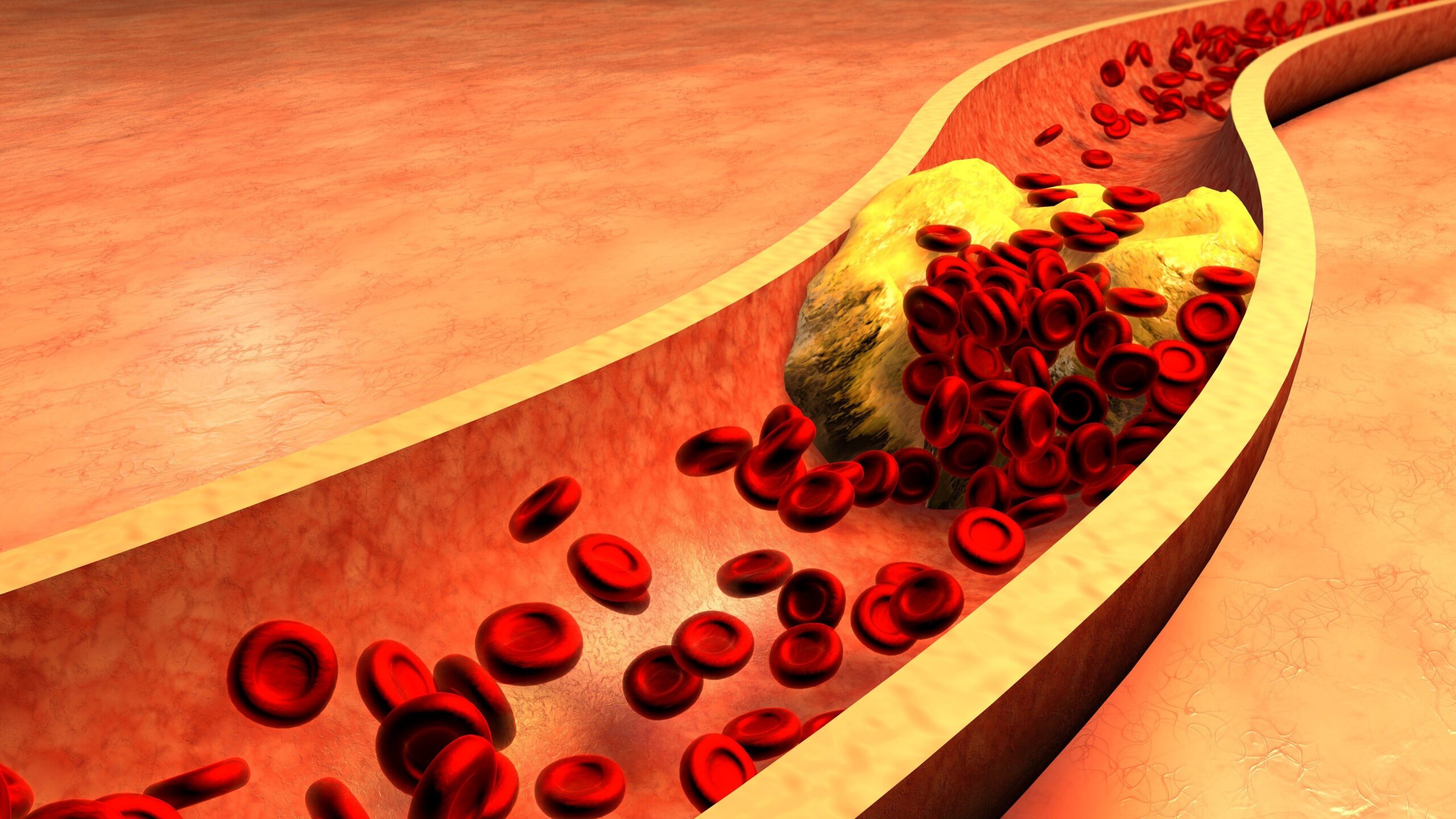Contrary to the popular perception that aging inevitably leads to cognitive decline, studies show that about 50% of people over the age of 70 maintain their mental acuity or even improve in certain cognitive functions. And, when you pause to think about it, you’ll probably realize that’s true. You know older people who are as sharp as a tack and can qualify as wise. And, you probably know others who have declined.
John Rowe, a professor of health policy and aging at Columbia University’s Mailman School of Public Health, led research showing that in the six years after turning 75, about half of people showed little to no change in their physical, biological, hormonal and cognitive functioning, whereas the other half changed quite a lot.
Neuroplasticity: Why Aging Doesn’t Mean Cognitive Decline
Cognitive resilience in aging is largely driven by the brain’s remarkable capacity for neuroplasticity. Neuroplasticity refers to the brain’s ability to reorganize itself by forming new neural connections and strengthening existing ones throughout life.
Contrary to the outdated belief that the brain becomes rigid as we age, research shows that even in later years, the brain remains adaptable. This adaptability allows older adults to maintain or even improve their cognitive abilities by engaging in activities that challenge the mind, such as learning new skills, solving puzzles, or staying socially active.
And, there is Truth to the Idea of the Wise Elder
There are some elements of cognitive health that actually improve for some people as they age.
You have more knowledge: The older you are, the more experiences you have to draw from. Denise Park, a neuroscientist at the University of Texas at Dallas, told Scientific American, “If you think of the brain as a computer, “there’s a lot more on the hard disk,” she says. Older adults can draw on their experience and often have much better solutions to problems than younger adults. “Frequently that can give them an edge that is unexpected.”
The ability to resolve conflicts strengthens: According to NCBI, older people may be better at resolving social conflicts and dilemmas. They found that older people make more use of higher-order reasoning schemes that emphasize the need for multiple perspectives, allow for compromise, and recognize the limits of knowledge.
More positive overall emotional well being: It may seem counterintuitive, but older people are generally happier than most others. And, positive emotional states, such as happiness, contentment, and low levels of stress, are associated with better cognitive function. Learn more about the ages when happiness peaks.
Your Genes Matter
Genetic predispositions play a significant role in determining how the brain ages and whether an individual is likely to maintain cognitive sharpness into their later years. Certain genes have been identified that contribute to cognitive resilience, allowing some people to better withstand the effects of aging on the brain.
For instance, variations in the APOE gene, which is commonly associated with Alzheimer’s disease, can influence an individual’s risk of cognitive decline. However, not all genetic factors are linked to decline; some genes are associated with enhanced cognitive function and protection against age-related deterioration.
or Additionally, studies on families and twins suggest that cognitive abilities in old age have a strong heritable component, meaning that if a person’s relatives remained mentally sharp into their 70s and beyond, they are more likely to experience similar outcomes.
Genes Are Not Always Your Destiny
While you may have a genetic predisposition toward cognitive decline, your DNA is just one piece of the puzzle.
The expression of these genetic predispositions can be influenced by environmental factors, lifestyle choices, and overall health. This means that activities and habits that promote brain health can enhance cognitive resilience as you age.
How to Improve Your Chances of Being in the 50% that Stay Sharp
You’ve probably heard it before, but these three tips for maintaining your cognitive health bear repeating:
Engage your mind
Keeping your brain active is key to maintaining cognitive sharpness as you age. Engage in activities that challenge your mind, such as learning a new language, playing strategy games, or taking up a hobby that requires skill and concentration. Reading, solving puzzles, and participating in intellectually stimulating discussions can also help keep your mind sharp.
The goal is to continually introduce new and complex tasks that encourage the brain to build and strengthen neural connections.
Prioritize physical health
Physical exercise is not just good for your body; it’s crucial for brain health too. Regular aerobic exercise, like walking, swimming, or cycling, improves blood flow to the brain, promotes the growth of new brain cells, and reduces the risk of cognitive decline.
A balanced diet rich in fruits, vegetables, whole grains, and healthy fats, like those found in fish and nuts, supports brain function by providing essential nutrients.
Additionally, managing chronic conditions such as hypertension, diabetes, and high cholesterol is important to prevent damage to the brain’s blood vessels, which can impact cognitive abilities. Explore what you need to do to protect your financial well-being from the possibility of chronic disease.
Foster social connections
Staying socially active is another important aspect of cognitive health. Regular interaction with friends, family, and community groups provides emotional support and mental stimulation. Social activities, whether it’s participating in group exercises, volunteering, or simply having regular conversations, can help reduce stress, improve mood, and keep your mind engaged. Strong social networks have been linked to lower risks of cognitive decline, making it essential to maintain and nurture relationships as you age.
Practice good self esteem
Good self-esteem is associated with healthy aging because it fosters a positive outlook, enhances resilience, and promotes engagement in social and healthy behaviors. Those with high self-esteem are more likely to manage stress effectively, maintain strong relationships, and take proactive steps towards self-care, all of which contribute to better physical and mental health. This holistic approach supports overall well-being, which is crucial for healthy aging.
More tips for a long and healthy life:
15 habits of happy and healthy aging
Okinawan secrets to a long life
Plan for a Long Healthy Life
The NewRetirement Planner is designed to help you manage a financial plan for the long healthy life you want.
Publisher: Source link










